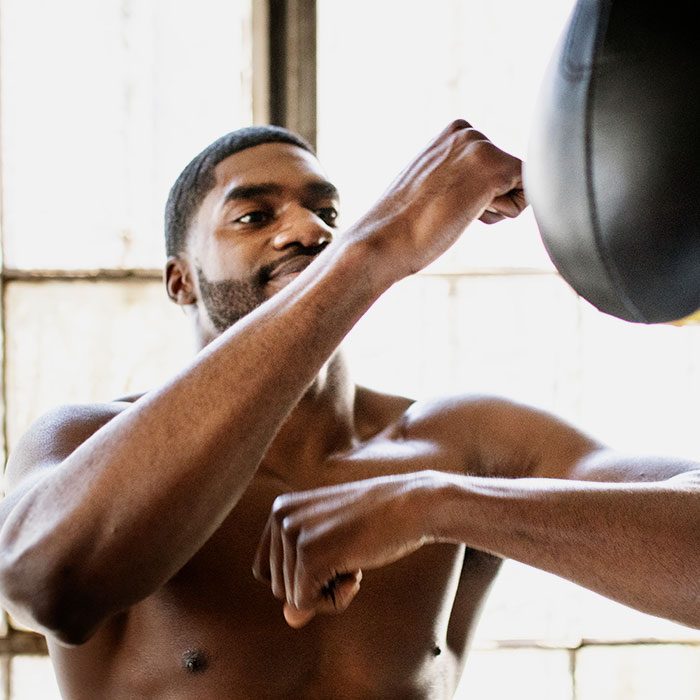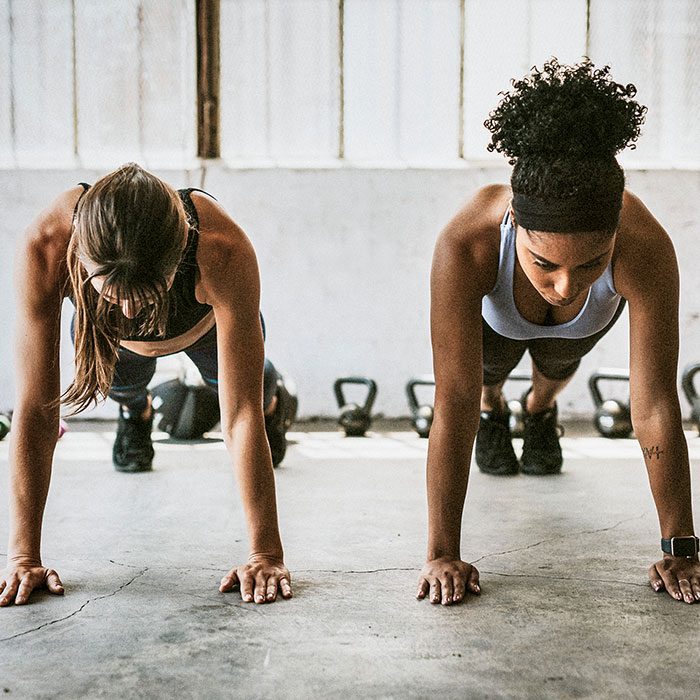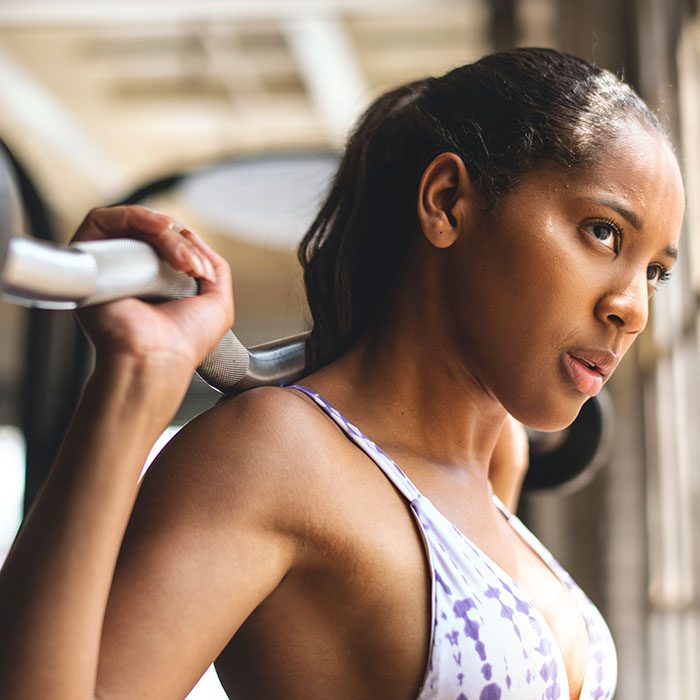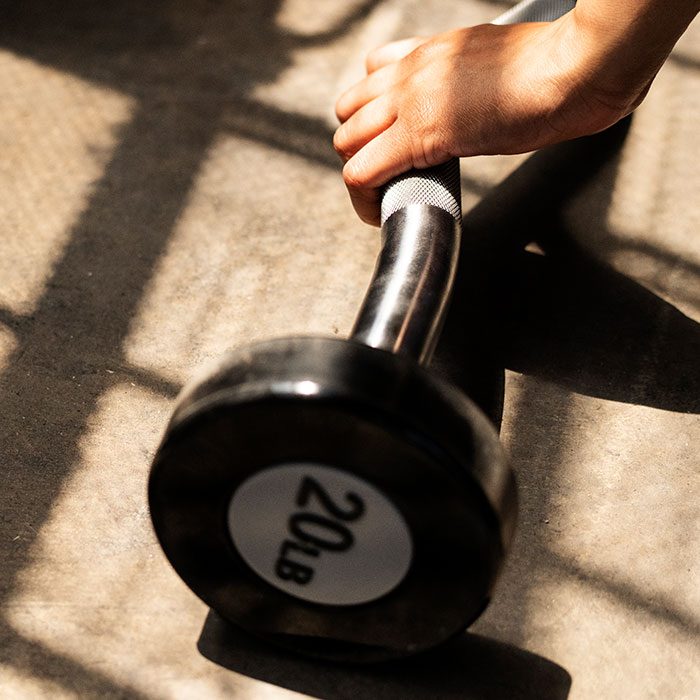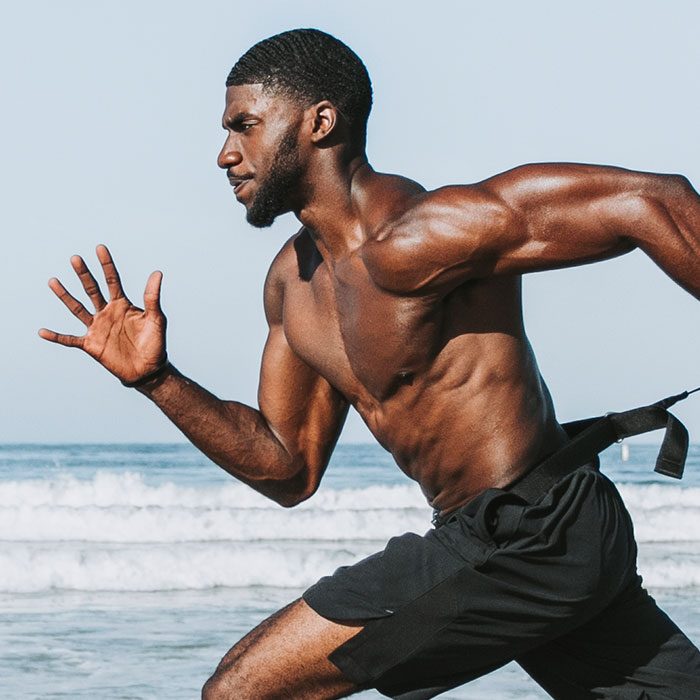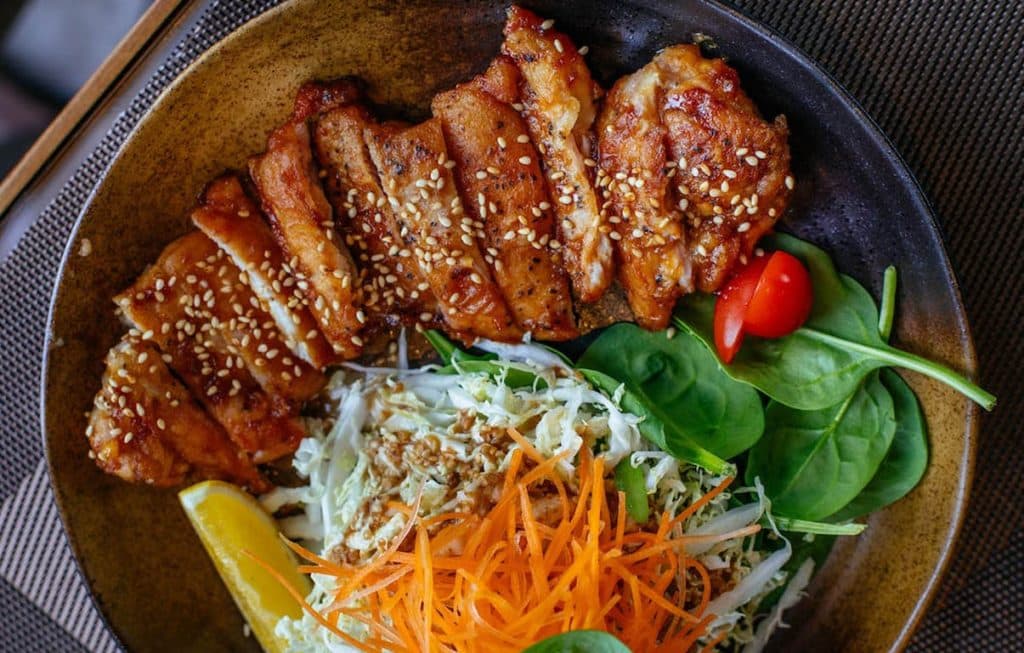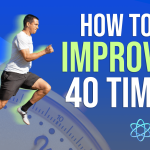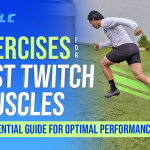What’s The Best Meal Plan To Gain Weight?
There are various ways to gain weight, but simply eating banana splits at an ice cream shop can lead to the wrong type of weight gain. This type of weight gain does not increase muscle mass, which can make it difficult for you to move around. Additionally, having excess body fat can pose health risks.
To gain weight in a healthy way, it is important to focus on increasing lean body mass and performance. A high-calorie diet doesn’t mean eating excess sugar, and saturated fat to try and gain weight fast. It means healthy eating with just more protein and a slight calorie surplus.
To achieve the objective of increasing size, speed, agility, and maintaining good health, it is necessary to implement certain habits like balanced eating of protein, carbs, and fats along with increasing food intake. Gaining ‘good’ weight can be challenging for younger people and can take time, so persistence is key. Our Performance Lab of California article below provides several techniques to gain weight in a healthy and productive way.
Weight Gain Meal Plan
The cornerstone of any good weight gain plan is a healthy, balanced meal plan. This means that the nutrient content and calorie count of your meals must be tailored to your individual needs. To achieve this goal, it is important to focus on eating high-quality sources of protein, carbohydrates, and fats. The best way to hit your goals is to meal prep and eat protein supplements.
For optimal results, aim for a ratio of 40% carbs, 30% protein, and 30% fat. Additionally, it is important to include foods that are nutrient-dense and offer more than just calories such as fruits and vegetables. Finally, focus on eating several small meals throughout the day rather than two or three large meals.
When designing your meal plan, be sure to incorporate snacks such as yogurt, cottage cheese, whole wheat bread, leafy greens, fruit, nuts, protein bars, or protein shakes. Snacks can help you reach your caloric goals and keep hunger at bay. If you need to gain weight and don’t care if it’s lean mass then adding very calorie-dense foods like peanut butter and olive oil is the way to go. Fried foods can do the same thing but we want to stay away from gaining fat as much as possible.

Muscle Mass
Have you asked yourself how many calories do I need to gain muscle? Protein is essential for muscle growth and repair, so it should be a focus of your meal plan. The answer to this question depends on many factors such as your gender, age, and activity level. Generally speaking, you should aim for 0.5–0.7 g of protein per pound of body weight daily (for example: if you weigh 150 lb – then 75–105 g of protein is recommended). To achieve the necessary calorie intake and protein goals, incorporate high-quality sources of protein such as eggs, chicken, fish, and lean beef, and plant proteins like beans and legumes.
Supplementation
In addition to a healthy diet, there is some evidence that supplementation can help you reach your weight gain goals faster. Protein powder supplements are popular among those trying to gain muscle and can be added to smoothies, shakes, oatmeal, and many other dishes. Additionally, it may be beneficial to supplement with Creatine monohydrate as this substance helps to improve performance and healthy weight gain.
Finally, another popular supplement for those looking to increase body weight is Mass Gainers. This type of supplement contains high levels of carbohydrates and protein to help you reach your caloric goals quickly. However, it is important to note that mass gainers should only be taken in moderation as they are not a replacement for natural foods.
Protein Intake
Protein is essential for muscle mass. Eating protein at each meal helps to repair and rebuild muscle tissue, making it a critical component of any weight gain plan. For optimal results, aim for 1-1.5 grams of protein per pound of body weight. Eating whey protein powder is good for gaining weight and getting some more calories in. But you shouldn’t be relying on protein shakes to get your calorie intake where it needs to be.
Eating healthy food is just as, if not more important, than building muscle mass. Things like greek yogurt, sweet potatoes, brown rice, and chicken breast are all good foods. A healthy diet doesn’t have to be boring either. You can still season food and find healthier alternatives for things you enjoy. If you maybe have a sweet tooth for chocolate then try dark chocolate as an alternative and if you like bread but can’t fit it into your meal plan then try whole grains.
Lose Weight While Gaining Lean Mass
- If you’re “skinny fat” or overweight and want to lose fat but want to gain muscle then here are some tips:
- Lift weights regularly. Weight lifting has been proven to increase lean mass and reduce body fat levels.
- Increase your protein intake. Protein is essential for building muscle, so aim for 1-1.5 grams of protein per pound of body weight daily.
- Eat nutrient-rich foods. Eating a balanced diet that includes a variety of fruits, vegetables, lean proteins, and healthy fats will help you reach your weight gain goals while helping you lose fat.
- Be mindful of your calorie intake. Make sure that the number of calories you consume is greater than the number of calories you burn in order to gain weight.

The goal here is to build muscle to fill out your frame. If you look skinny in clothes but feel fat without them then you most likely just don’t have enough muscle to go under your fat. You don’t need to be 10% body fat to look good, you just need enough muscle to give you some shape. And it’s been shown that overweight people that build muscle have had little to no loose skin compared to lose that just lose all weight.
Frequently Asked Questions
Peanut butter is a good food option to boost muscle as it is a rich source of protein and healthy fats. Consuming 2 tablespoons of peanut butter provides 8 grams of protein, making it an ideal snack for building muscle. The healthy fats present in peanut butter also help provide energy for workouts.
Gaining 10 pounds in a week is possible but not recommended. If you’re looking to add 10lbs of muscle though that is impossible. Building lean mass is a hard and long process and that’s why we are here to help make sure your journey is simple and easy.
Yes, high-calorie foods such as nuts, nut butter, avocados, and peanut butter are great additions to your weight plan. These foods can help you increase your caloric intake without making you feel overly full. Additionally, these nutrient-dense snacks will provide the vitamins and minerals that are essential for overall health.
Yes, Performance Lab of California provides customized nutrition plans to help clients reach their weight gain and muscle-building goals. Our team of registered dietitians and nutritionists can develop a plan tailored to your individual needs and provide you with the support needed to achieve success. We also offer nutrition coaching that will teach you how to make better food choices.


